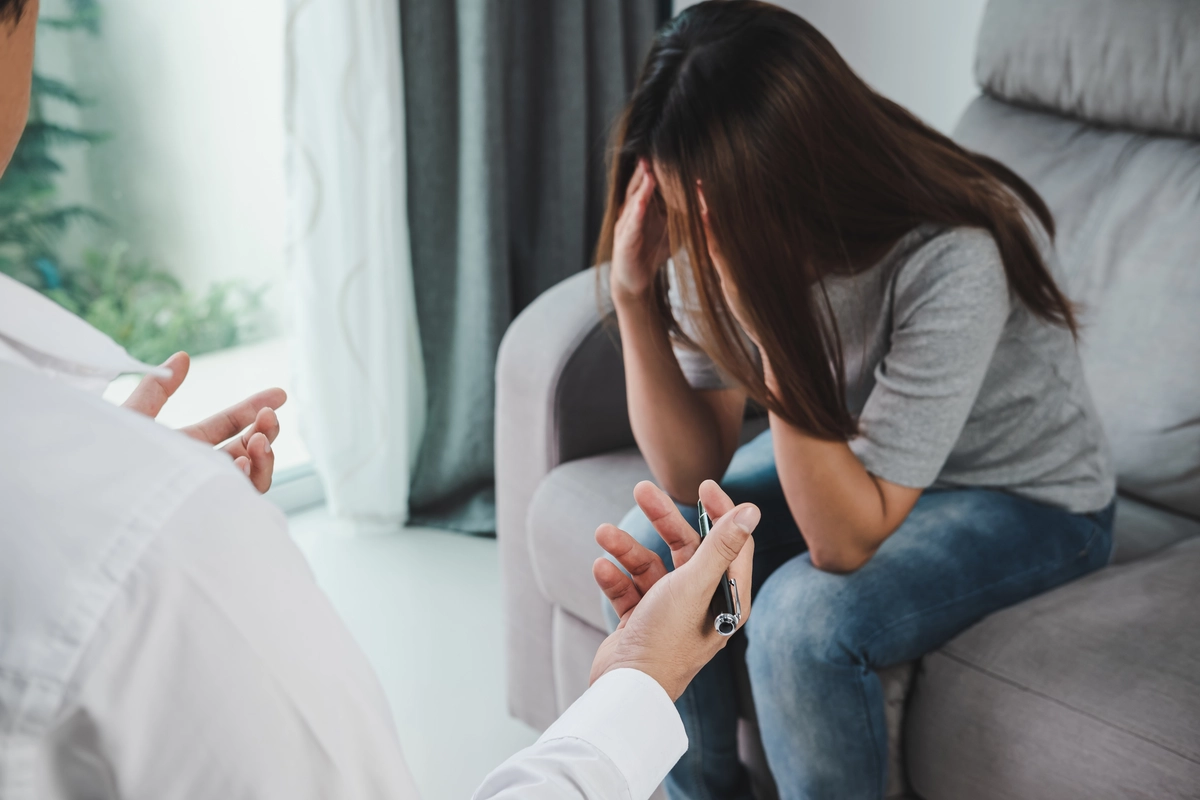24/7 Helpline:
(866) 899-221924/7 Helpline:
(866) 899-2219
Learn more about PTSD Treatment centers in Iberia County
PTSD Treatment in Other Counties

Other Insurance Options

Group Health Incorporated

BlueShield

Aetna

Absolute Total Care

Evernorth

GEHA
Beacon

Oxford

Holman Group

Regence

Access to Recovery (ATR) Voucher

Amerigroup

Cigna

WellCare Health Plans

Molina Healthcare

AllWell

Horizon Healthcare Service

Meritain

MHNNet Behavioral Health

Optum

Rehabilitation Center
Rehabilitation Center is a private rehab located in New Iberia, Louisiana. Rehabilitation Center spe...












New Iberia Behavioral Health Clinic
New Iberia Behavioral Health Clinic by Acadiana Area Human Services District provides comprehensive ...

Keys For Sober Living
Keys For Sober Living is a private rehab located in New Iberia, Louisiana. Keys For Sober Living spe...

























































